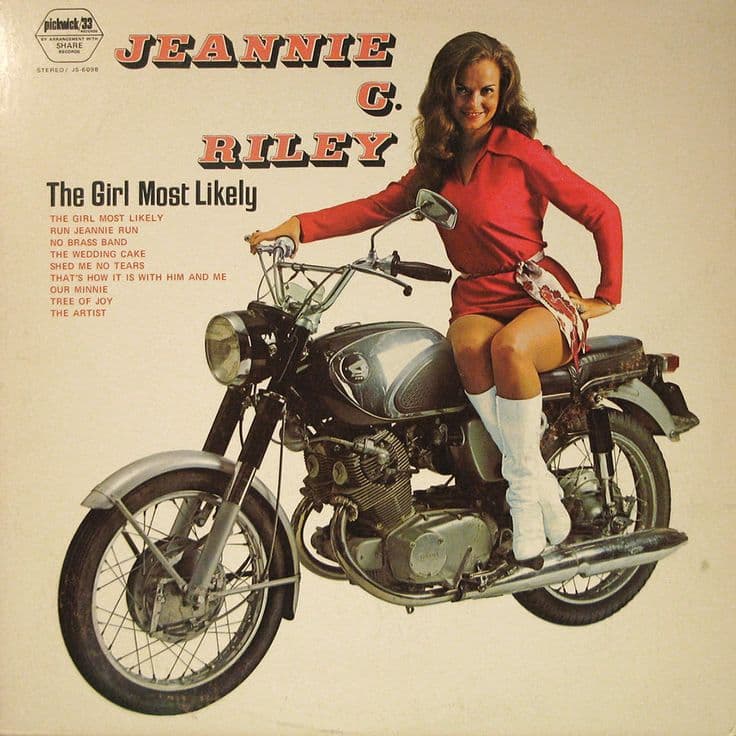
Harper Valley P.T.A.: Jeannie C. Riley’s Bold Anthem of Rebellion
Released in 1968, “Harper Valley P.T.A.” by Jeannie C. Riley became an unexpected hit, propelling her to fame almost overnight. Written by Tom T. Hall, the song tells the story of a young mother standing up to the hypocrisy of a local Parent-Teacher Association (P.T.A.) that criticizes her lifestyle. Delivered with Riley’s lively, twangy vocals, the song reflects the spirit of the late 1960s—a time when social norms were being challenged and new perspectives on morality and individual freedom were gaining momentum.
Set to an infectious country-pop beat, the song’s narrative style sets it apart from other hits of the era. The lyrics follow a straightforward, story-driven format, recounting how the mother confronts the members of the P.T.A., exposing their own indiscretions and hypocrisy. The catchy chorus, combined with the sharp storytelling, created a perfect blend of country authenticity and pop accessibility.
“Harper Valley P.T.A.” became a crossover smash, reaching #1 on both the Billboard Hot 100 and the Country charts—a rare feat for a country song at the time. It also earned Riley a Grammy Award for Best Female Country Vocal Performance and cemented her as the first woman to achieve such widespread success with a debut single. The song’s popularity even inspired a film and a TV series of the same name in the 1970s, further extending its cultural impact.
Beyond its commercial success, the song resonated as a feminist statement, challenging societal double standards about women’s behavior and respectability. Today, “Harper Valley P.T.A.” remains a classic, celebrated for its witty storytelling, infectious rhythm, and Riley’s spirited performance. It stands as an enduring reminder of how country music, at its best, can blend humor, heart, and social commentary to create something timeless.